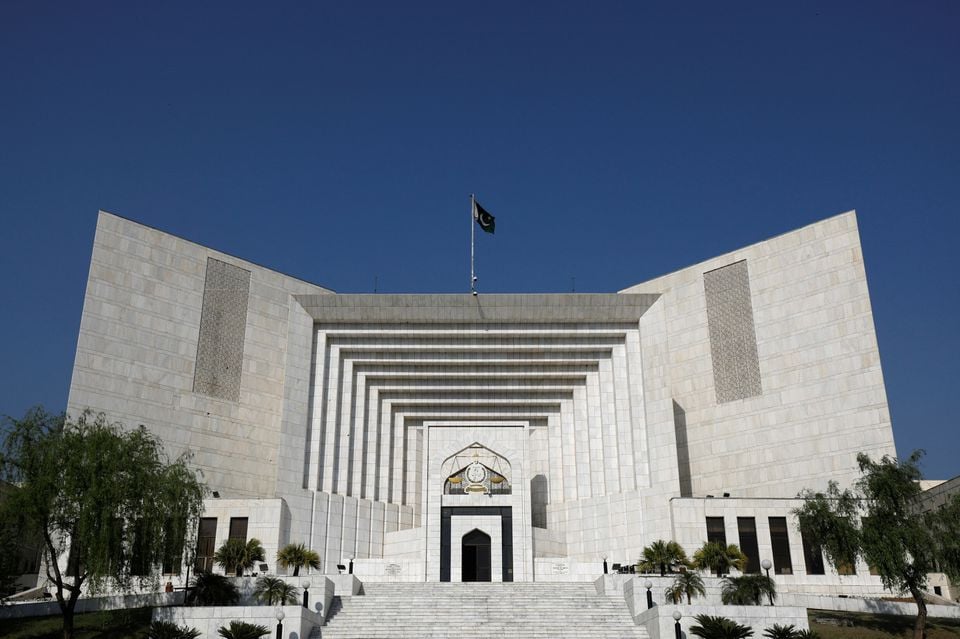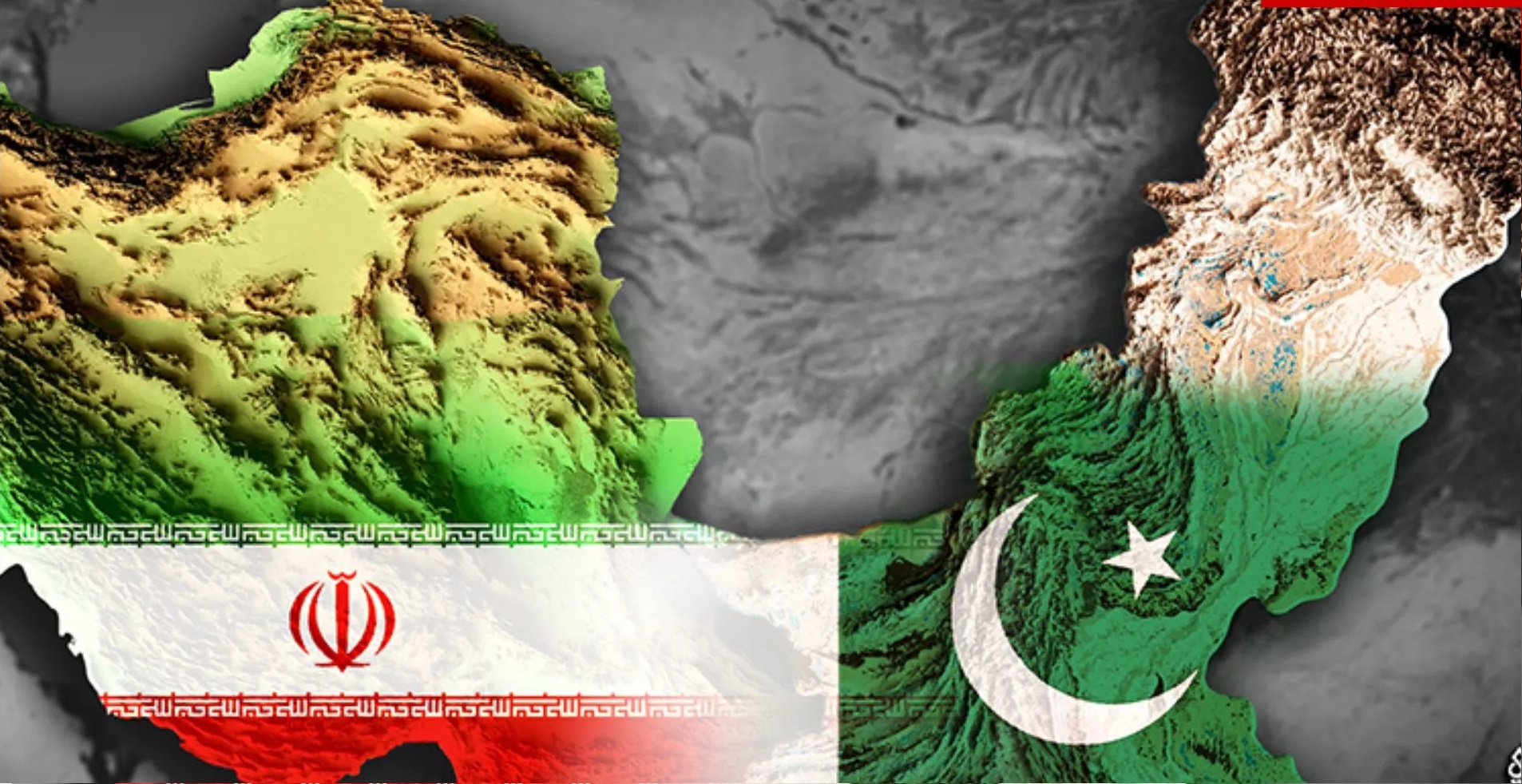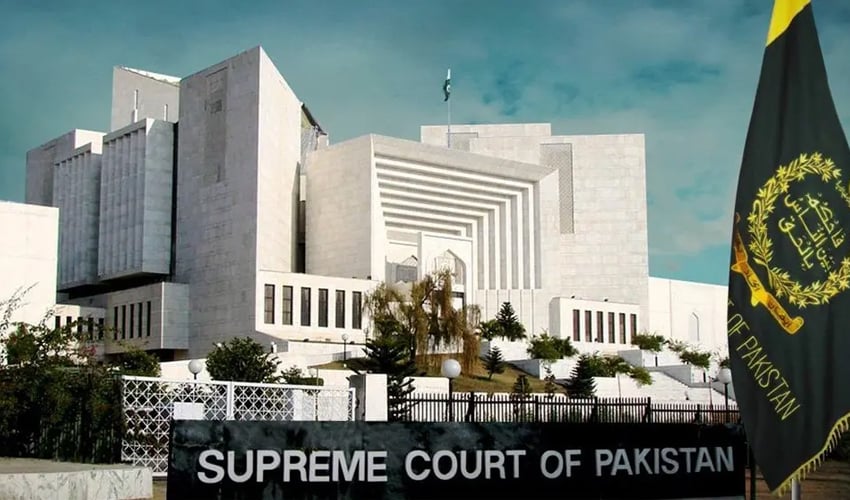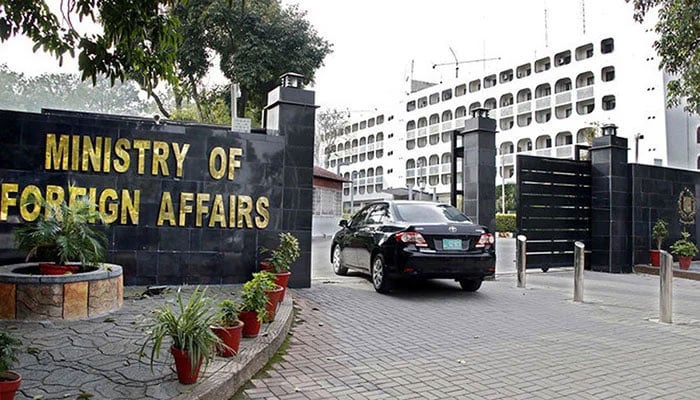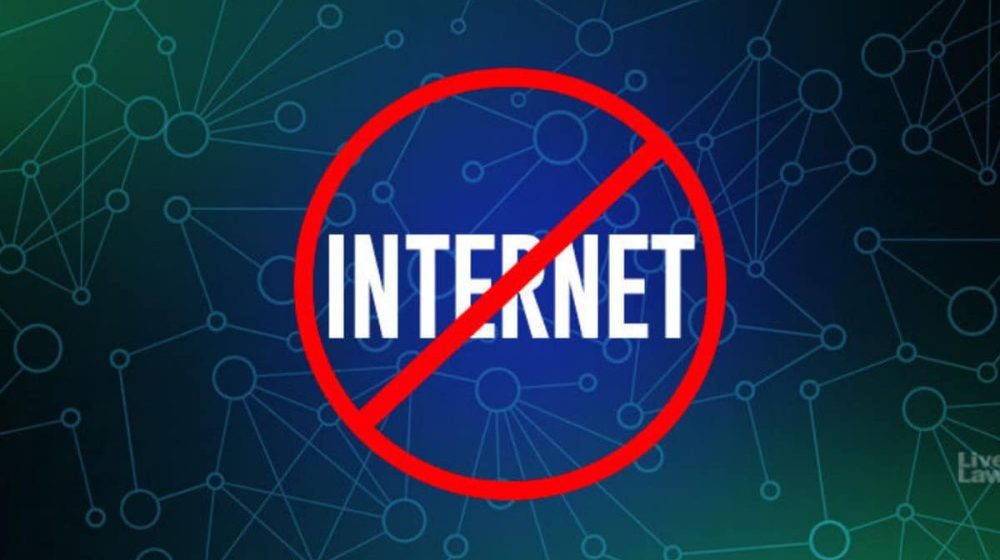In a historic ruling, the United States Supreme Court has acknowledged that former presidents have immunity from prosecution for certain actions taken while in office, marking the first instance in the nation’s history where the court has declared such immunity. In a 6-3 decision, the Supreme Court upheld that while former presidents are shielded from criminal charges for actions within their constitutional authority, they are not immune for actions taken in a private capacity.
The ruling stems from a case involving Donald Trump’s bid to protect himself from criminal charges related to his attempts to overturn the 2020 election results. The decision is expected to bolster Trump’s defence against federal charges concerning his efforts to reverse the election outcome. It may also impact similar state-level election interference charges in Georgia.
Former President Trump responded swiftly to the ruling, expressing his approval through a social media post. The decision, celebrated as a “big win” by Trump, resonates as a significant development with potential widespread implications.
Chief Justice John Roberts, speaking on behalf of the court’s conservative majority, emphasized that prosecuting former presidents for their official acts in office could potentially pave the way for political retribution and tyranny, underscoring the need to preserve immunity in such cases.
However, the Supreme Court’s decision has been met with dissent from the liberal justices, who argue that it effectively legitimizes the abuse of power. The ruling’s impact extends beyond Trump, as it sets a precedent that applies to all occupants of the Oval Office, irrespective of political affiliation.
In light of the ruling, the federal election subversion case involving Trump has been remanded to a lower court for further proceedings. The court did not explicitly delineate whether Trump’s conduct around the election was deemed “official” or private, leading to potential delays in the trial as the judge overseeing the case will now need to assess which charges will hold in light of the Supreme Court’s decision.
The implications of this ruling are far-reaching, particularly in the context of ongoing political discourse and legal proceedings. The decision has elicited strong reactions from various quarters, with Democrats condemning the outcome and framing it as a threat to American democracy, while Trump and his supporters view it as a vindication of his actions. This landmark decision is set to shape the legal landscape for future cases involving former presidents and their official conduct.




































